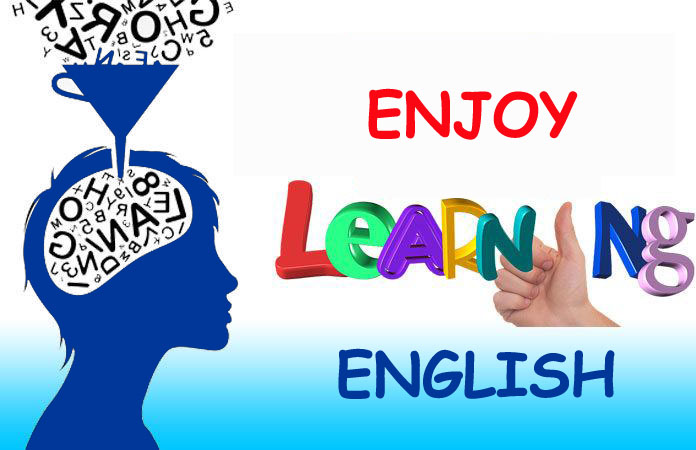Enjoy Learning English
There is no need to assert that English language is the most practical and useful language to learn in our communicative world. As an international language, English language is focused more than the other languages all around a world. By knowing how to speak, to understand and to be understood in English language, learning English language and becoming proficient in it get more importance.
The only way to break the barriers in learning English language is just to enjoy it. It is very prominent to enjoy the way you speak and communicate with others. If you can communicate and use the language, you can definitely enjoy it a lot. No need to assert that there are lots of factors dealing with everybody’s English language learning enjoyment. These factors are the context of learning, the teacher, the environment, the classmates, the aims, the needs, the materials, the methodology of teaching, etc. DLC’s goal has always been to provide all these factors for the students of different ages with different English proficiency levels to enjoy their learning processes.
There are some simple tips for you to enjoy your English language learning:
1. Read as much as you can in English
2. Listen as much as you can
3. Immerse in a foreign culture and try to understand it to learn English better
4. Be confident. Don’t be afraid to make mistakes.
5. Speak as much as you can. Surround yourself in English.
6. Practice, practice, practice.
7. Keep an English diary. Write whatever you have done every day from morning till night.
8. Keep a notebook of new words and expressions you learn.
9. Don’t memorize. Just take a look on the new words before going to bed and soon after waking up in the morning.
10. Remember in a sentence. Remember the words or grammar in an example sentence.
11. Start reading children’s books.
12. Don’t worry about understanding very single word. Read just for general meaning.
13. Learn root words, prefixes and suffixes.
14. Learn parts of speech.
15. Learn grammar through talking and using the language.

